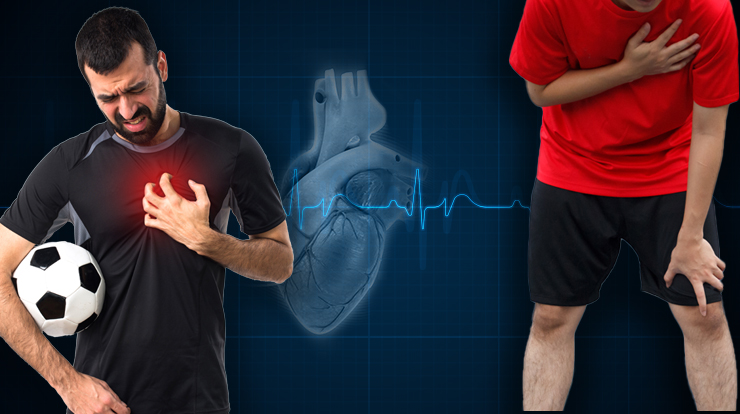
We are deeply saddened by the recent tragedy in Madurai, where an individual lost their life during a marathon. We extend our deepest sympathies to the family and friends of the departed. This incident has sparked conversations about the intersection of epilepsy, sudden cardiac arrest (SCA), and running – an issue that urgently requires attention.
The Epilepsy, Sudden Cardiac Arrest & Running Connection
Epilepsy is a neurological disorder that causes seizures, which can be triggered by a variety of factors, including exercise. Sudden cardiac arrest is a life-threatening condition that occurs when the heart stops beating. It can be caused by a variety of factors, including heart disease, arrhythmias, and electrolyte imbalances.
There is a potential interplay between epilepsy and sudden cardiac arrest in runners. Epilepsy can damage the heart, making it more susceptible to arrhythmias. Arrhythmias can lead to sudden cardiac arrest. Additionally, the physical exertion of running can trigger seizures in people with epilepsy.
Arrhythmias can be a serious problem for individuals with epilepsy. They can lead to sudden cardiac arrest, which is a life-threatening condition. Therefore, it is important for individuals with epilepsy to have their heart health monitored regularly.
A portable ECG device can be used to monitor heart health at home. These devices are easy to use and can provide a quick and accurate assessment of heart rhythm. If an arrhythmia is detected, the individual can seek medical attention immediately.

The Importance of Practicing and Taking Care of Weather Conditions When Running a Marathon
Running a marathon is a physically demanding event that can put a strain on the heart. It is important for individuals to practice running a marathon before the actual event to give their bodies time to adjust to the exertion. Practicing also helps runners to develop a pacing strategy and to learn how to manage their energy levels.
Weather conditions can also affect heart health during a marathon. Extreme heat or cold can put a strain on the heart and increase the risk of heat stroke or hypothermia. Runners should be aware of the weather conditions on race day and take steps to protect themselves, such as drinking plenty of fluids and dressing appropriately.
A recent survey by Agatsa found that employees who commuted to work during hot weather had higher blood pressure and heart rates.
Device Used: SanketLife
Survey Size: 10 Adults
Temperature: 37o C
Exposure to Heat: 15 minutes or more The graph illustrates a significant increase in heart and pulse rate when individuals are exposed to heat and humidity compared to their resting state.
The graph illustrates a significant increase in heart and pulse rate when individuals are exposed to heat and humidity compared to their resting state.
It’s imperative for individuals to practice running marathons before the actual event, ensuring their bodies are adequately prepared for the physical demands. Here are some specific tips for practicing running a marathon and taking care of weather conditions:
- Start by running shorter distances and gradually increase the distance as you get stronger.
- Run in a variety of weather conditions, including hot, cold, and humid.
- Stay well-hydrated before, during, and after your runs.
- Pay close attention to your body’s signals, and pause for breaks as necessary.
- Use Portable ECG device SanketLife for regular monitoring of
- If you encounter any pain or discomfort, halt your run and seek advice from a medical professional.
- Wear appropriate clothing for the weather conditions.

Preventing Unforeseen Tragedies
To prevent future tragedies like the one in Madurai, a multi-pronged approach is needed. We urge all individuals, especially athletes, to prioritize their health by seeking medical evaluations, understanding the impact of weather, and staying vigilant during events. In the medical kit for marathon events, essential equipment such as defibrillators and first-aid supplies is a given. However, it’s equally important to have the Pocket ECG machine in hand. Portable devices like SanketLife can quickly detect irregular heart rhythms, providing early warning signs of potential cardiac issues. In cases where an individual collapses during a race, prompt use of portable ECG devices can make a life-saving difference.

